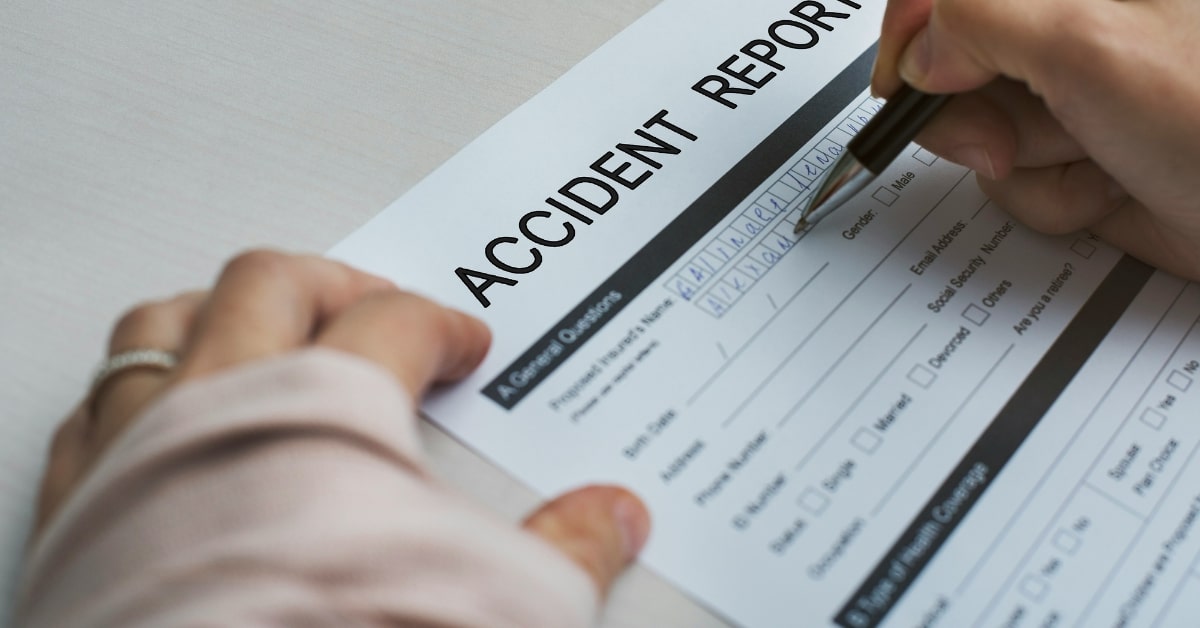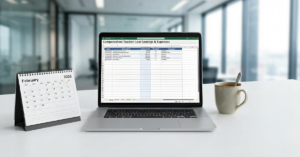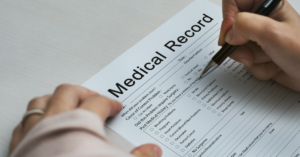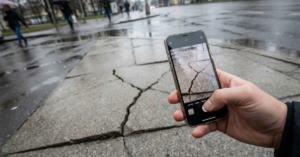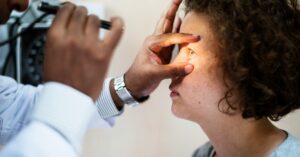Fair compensation in the UK is not about completing forms or leaving the system to work in your favour. It’s about proof. Not just any proof but clear evidence of how the accident altered your life, and what progress you have been making in terms of recovery. A strong personal injury compensation claim needs more than just saying I was hurt. It needs records, notes and details that cannot be argued with.
Life after an injury is already tough, but keeping records help a lot. Simple things like saving medical notes, writing down how you feel or taking photos can make a big difference. These details may seem small at first, but later they can decide the final personal injury compensation amount you receive in the UK. In this blog, we will explore the importance of documenting your recovery and how to properly document for building a strong personal injury claim.
How keeping medical records help you in a compensation claim
Medical records are the first thing anyone looks at in a personal injury compensation claim. Doctors, insurers and judges all want to see evidence. Not just that you were hurt, but also how serious it was and how long it lasted or will continue.
Every hospital visit, every scan, every note from your GP, it all matters. If you are chasing an injury compensation claim, those files create a timeline that proves your story. Without them? The other side might say your injury was not that bad or not even connected to the accident.
That’s why it helps to collect copies of:
- GP visit notes
- Test results (like X-rays or scans)
- Medico-legal expert opinions
- Specialist reports
- Physiotherapy progress sheets
These records do not only just back up your claim, but also helps when deciding your compensation amount in the UK, showing not only how bad the injury was but also the time, pain and effort it took for you to recover.
How a recovery diary supports your injury compensation claim
A diary may sound old-fashioned, but for an injury compensation claim, it works. Medical records are cold. They just say the patient improved or the pain level is 6/10. They don’t tell anyone how it feels to wake up every morning struggling to walk to the bathroom.
Writing a diary, even short notes, helps bring your story to life. Maybe you could not go to work for weeks or you stopped playing with your kids. These little details show how the injury really affected you.
When you add these personal notes to your personal injury claim, you give the court or the insurer something significant that often makes a big difference.
How photos and videos prove your progress for compensation recovery
Photos and videos don’t lie. They are raw proof of your injury and when it comes to maintaining compensation recovery records, pictures help to silence doubt.
Imagine someone saying your injury was minor, but you show a series of photos, from the swollen ankle in week one, to the bruising, to the scar months later. Suddenly, it is harder for anyone to argue.
Even a short clip of you struggling to walk across the room can be stronger than a paragraph in a medical report. So, keep your phone handy. Record your progress. It may feel odd now, but later it can help your personal injury claim look solid.
How the Compensation Recovery Unit affects your compensation claim
The Compensation Recovery Unit (CRU) might sound like just paperwork, but it matters. Basically, they make sure that if you received state benefits or NHS treatment after your accident, those costs are taken back from your compensation.
So yes, it can reduce the final payout a little. However, there is no need to panic. It does not cancel your claim. You still get what you’re entitled to. It just means the system stays balanced and nobody gets paid twice for the same injury claim.
If you check the compensation recovery unit e-service, you can see updates and track what is being deducted. That way, you are not surprised when the numbers come in.

How Medicare compensation recovery compares to UK claims
You might see the term Medicare compensation recovery when searching online. That is mostly in the US, but the idea is similar here in the UK. If the government or NHS has already spent money on your treatment, they want that back from the claim.
It is fair when you think about it, though it does mean your payout could be a bit smaller than expected. That is why documenting recovery is so important. Strong proof helps make sure that even after deductions, the personal injury compensation you receive in the UK stays fair and reflects the real struggle you went through.
How proper documentation increases your final compensation amount in UK
The size of your payout depends on the strength of your evidence. The clearer, organised and human your proof looks, the better chance you have of getting the right compensation amount for your personal injury in the UK.
Think about it:
- With no records, it is just your word
- With medical files, it is a fact
- With a diary, it is your voice
- With photos, it is undeniable
Put all of this together and your claim becomes strong. Without it, you are left hoping the other side believes your story and that is a risky place to be because insurers rarely take someone’s word alone when money is involved.
Final Thoughts
The truth is simple. If you want to secure maximum compensation for your personal injury claim, you need to document your recovery. It is not about fancy words or long reports. It is about clear documentation, honest notes and evidence which proves that your struggle was genuine.
Yes, the Compensation Recovery Unit may take back some costs. Yes, deductions happen but good documentation makes sure your personal injury claim still stands tall. That can mean the difference between a low payout and fair compensation in the UK.
So don’t leave it to memory. Write it down. Save the reports. Take the photos. The details you keep today might be the reason you win tomorrow. Also, if you are confused regarding how to properly document your recovery phase, seek help from a legal expert like RU1NJURED’s panel solicitors. They can help you in streamlining your recovery documentation.

